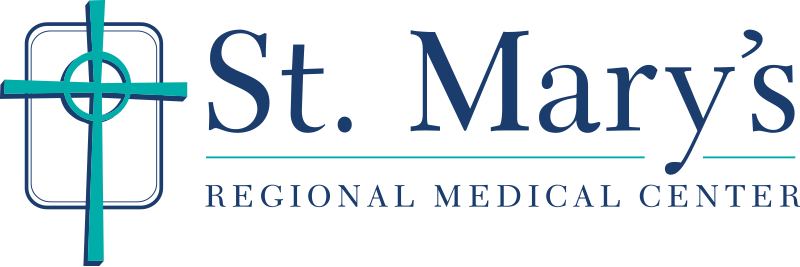Understanding the Risks of AFib and Importance of Early Detection
August 26, 2021

Atrial fibrillation (AFib) affects approximately three million Americans according to the American Heart Association®, and can lead to blood clots, stroke, heart failure and other heart-related complications.
“Atrial fibrillation can be present in people with or without symptoms,” says St. Mary’s Interventional Cardiologist Nikumjkumar Patel, MD, FACC. “For those who have symptoms, they often experience heart palpitations, irregular heartbeat, dizziness, fatigue and tiredness.”
What Is a Heart Arrhythmia?
An arrhythmia is when the heart beats in an irregular way – either too fast or too slow. A normal heart contracts or relaxes to a regular beat. A normal resting heart rate doesn’t exceed 100 beats per minute; however, with AFib, the rate of impulse or heartbeats can range from 100 to 175 beats per minute.
“Atrial fibrillation is the most common type of heart arrhythmia and occurs when the upper chambers of the heart are irregular and the blood doesn’t flow to the lower chambers of the heart as well as it should. When the upper chambers and lower chambers aren’t coordinated, it causes the heart to beat irregularly,” explains Dr. Patel. “This causes blood to pool instead of being pumped completely into the ventricles (the heart’s two lower chambers).”
Why Is It a Concern?
“Patients with AFib are at high risk for stroke because the blood can pool in the upper chambers of the heart where it thickens, pools and can clot. The clot can travel and block blood vessels, resulting in a stroke,” says Dr. Patel. Strokes resulting from complications associated with AFib tend to be more severe than strokes with other underlying causes.
“Asymptomatic patients are at high risk for stroke because of not getting optimal treatment for this condition, which can be diagnosed by an electrocardiogram (ECG/EKG) to measure rhythm by measuring the electrical activity of the heart,” he explains.
How Is AFib Treated?
“AFib is treatable by using medication to control heart rhythm, blood thinners for stroke prevention, and in some cases cardiac ablation, pacemakers or surgery,” says Dr. Patel.
What Are the Causes of AFib?
Risk factors for AFib tend to increase with age and include having high blood pressure, obesity, diabetes, heart failure, overactive thyroid, smoking and sleep apnea.
It’s important to talk to your doctor if you experience an irregular heartbeat. “Early detection is important,” emphasizes Dr. Patel. “People should be aware of symptoms, see a cardiologist and get worked up for optimal treatment.”
The Sleep Apnea Connection
It has been found that many people with AFib and other heart conditions suffer from a sleep disorder known as obstructive sleep apnea. People with this condition experience pauses in breathing during sleep, which may have a potentially serious impact on their health.
“Between 40% and 80% of people in the U.S. with cardiovascular disease also have obstructive sleep apnea (OSA), yet it is underrecognized and undertreated in cardiovascular practice,” according to a June 2021 statement from the American Heart Association. “OSA affects 30% to 50% of people with high blood pressure and is a risk factor for atrial fibrillation.”
Symptoms of OSA may include snoring, excessive sleepiness during the day, and others. The American Heart Association says that people with cardiovascular risk factors or conditions should be screened for OSA with treatment as appropriate, which may include continuous positive airway pressure (CPAP), oral appliances, modifying lifestyle behaviors and weight loss.
At-home and in-lab sleep testing is offered through the St. Mary's Regional Medical Center Sleep Disorders Center. To find an affiliated sleep specialist, call 580-249-5870.
